Microaggressions in relationships can undermine trust and intimacy, often manifesting as insults or dismissive remarks. Let’s identify and address how these issues affect your relationships.
Microaggressions Pose Significant Challenges in Relationships
So, How to Identify and Address Microaggressions in Daily Interactions?
What Is Microaggression?
Microaggressions are the brief, subtle, and often unconscious exchanges that convey negative or derogatory messages to individuals based on their membership in a marginalized group. These seemingly small interactions—whether verbal, nonverbal, or environmental—are often grounded in deeply ingrained prejudices, stereotypes, and biases.
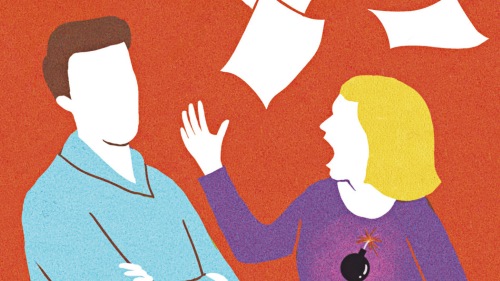
They erode the recipient’s sense of belonging, validation, and worth, especially when they target race, gender, sexual orientation, disability status, socioeconomic class, or other aspects of identity. In this article, I will specifically focus more on microaggressions in relationships that usually manifest as passive-aggressive behaviors.
Examples of Microaggressions in Relationships
- Mocking jokes with sexist or racist undertones.
- Patronizing comments based on age, sexual orientation, ethnicity, or disability.
- Dismissive remarks about someone’s native language or culture.
- Mimicking stereotypical gestures related to someone’s identity.
- Undermining someone’s capabilities due to their disability.
- Gaslighting—manipulating someone into questioning their reality or experiences.
- Belittling or downplaying concerns, especially when they stem from experiences of discrimination.
Read more here: Micromanipulation: 5 Ways A Narcissist Gains Control Over You
Types of Microaggressions
1. Micro-invalidations
Micro-invalidations refer to subtle comments or behaviors that dismiss or invalidate a person’s lived experiences, identity, or feelings. Micro-invalidations can leave someone feeling invisible or unheard, as their truth is undermined or ignored.
2. Micro-insults
Micro-insults are covert expressions of disrespect that may seem harmless on the surface but reinforce negative stereotypes or biases. They also imply inferiority based on gender, race, sexual orientation, disability, or other characteristics.
3. Micro-assaults
Micro-assaults are another form of microaggression, characterized by overt and intentional prejudiced actions or behaviors that are aimed at individuals based on their affiliation with a marginalized group. Unlike the previous two, micro-assaults are explicit and intentional. These are aggressive actions or statements aimed at marginalizing or demeaning a person based on their identity.
How to Deal with Microaggressions in Relationships
Microaggressions can have serious negative consequences for individuals’ safety and well-being. Microaggressions, while often unintentional, can lead to long-term harm if not addressed. In relationships—whether romantic, familial, or friendships—it is crucial to address these behaviors and be assertive to create a supportive, respectful, and inclusive environment.
Be Aware: The first step is recognizing when microaggressions occur. They often go unnoticed because they can be so subtle, but awareness is key to identifying and confronting them.
Communicate Clearly: Open, direct communication is essential. Address the microaggression calmly, clearly, and without accusation. For instance, “When you said X, it felt dismissive because…”
Set Boundaries: Establish firm boundaries about what is acceptable. It’s important to communicate that microaggressions won’t be tolerated in the relationship and that respectful communication is the expectation.
Lead by Example: Model the behavior you want to see. If we want others to engage respectfully, we need to show that same respect in our words and actions.
Separate the Person from the Behavior: When confronting microaggressions, it’s critical to distinguish the act from the individual. The behavior may be harmful and can be condemned, but the person is still deserving of respect.
Educate Gently: If someone is unaware of the impact of their actions, take the opportunity to educate them—without blame. Help them understand how their words or actions contribute to broader systems of marginalization.
Assert Yourself: Assertiveness is key. It’s about confidently expressing your needs and boundaries while respecting others. By being assertive, you empower yourself and foster mutual respect. It is about taking care of your own needs and wants while considering the needs and wants of others.
Tips for Becoming More Assertive!
Assertiveness helps in combatting microaggressions effectively. Here’s how you can cultivate it:
- Communicate openly, honestly, and respectfully.
- Know your boundaries and enforce them.
- Value both your own and others’ rights.
- Acknowledge that you can’t control others, but you can influence the interaction.
- Express your feelings in a way that respects others.
- Listen actively and consider other perspectives.
- Stay calm, and use body language that reinforces your words.
Summary
Confronting microaggressions in relationships is challenging but vital for creating a healthy, respectful, and inclusive space. It requires patience, compassion, and a strong sense of self. Assertiveness is a crucial tool in this process, as it empowers both you and those around you.
On a larger scale, challenging microaggressions contributes to the broader fight for social justice. By addressing these subtle yet harmful behaviors, we promote equality and inclusion, making our relationships and society stronger for everyone.
Read more here: Micromanipulation: 5 Ways A Narcissist Gains Control Over You
Learn to address microaggression in a relationship to build a stronger, more respectful connection with your partner. Share your thoughts in the comments below!
Written By: Moshe Ratson MBA, MFT
Originally appeared on: Psychology Today
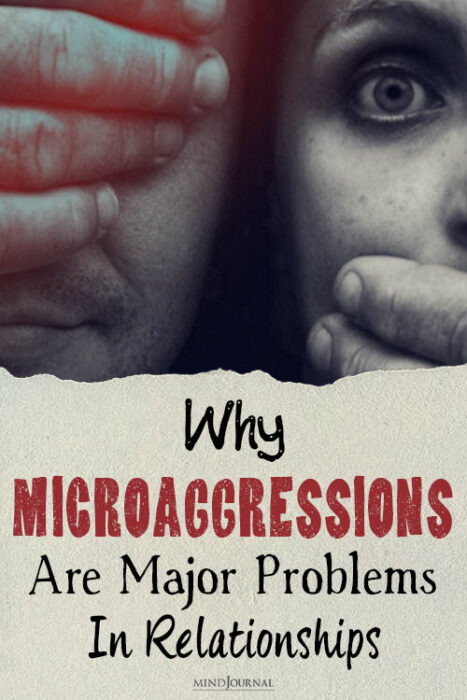
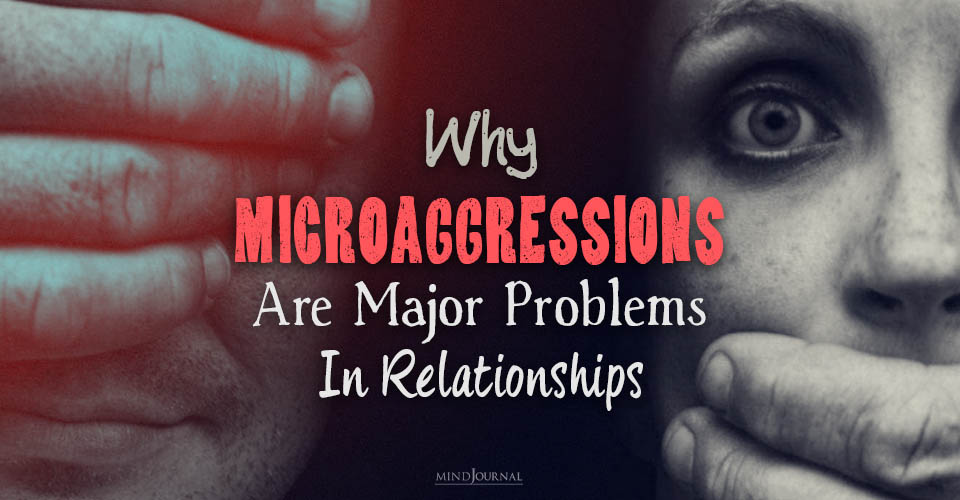




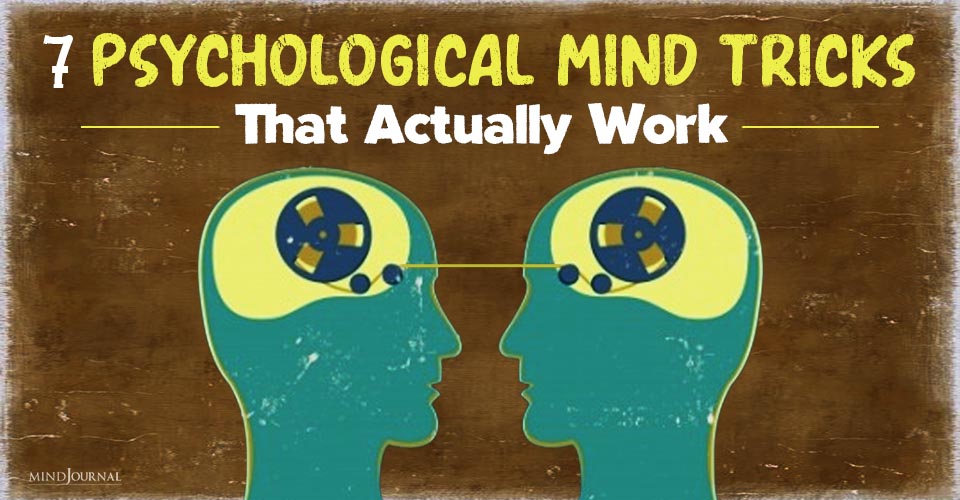
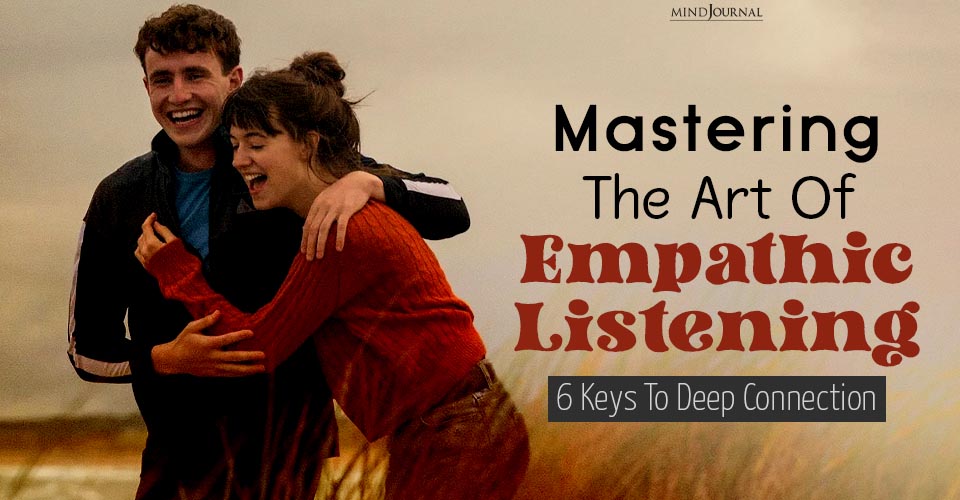







Leave a Reply
You must be logged in to post a comment.